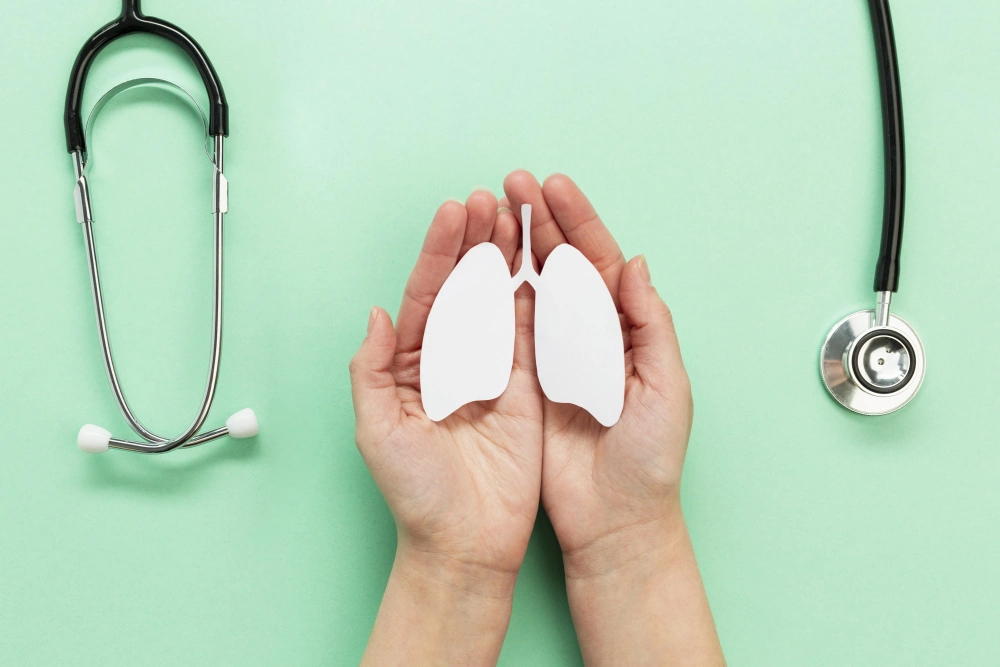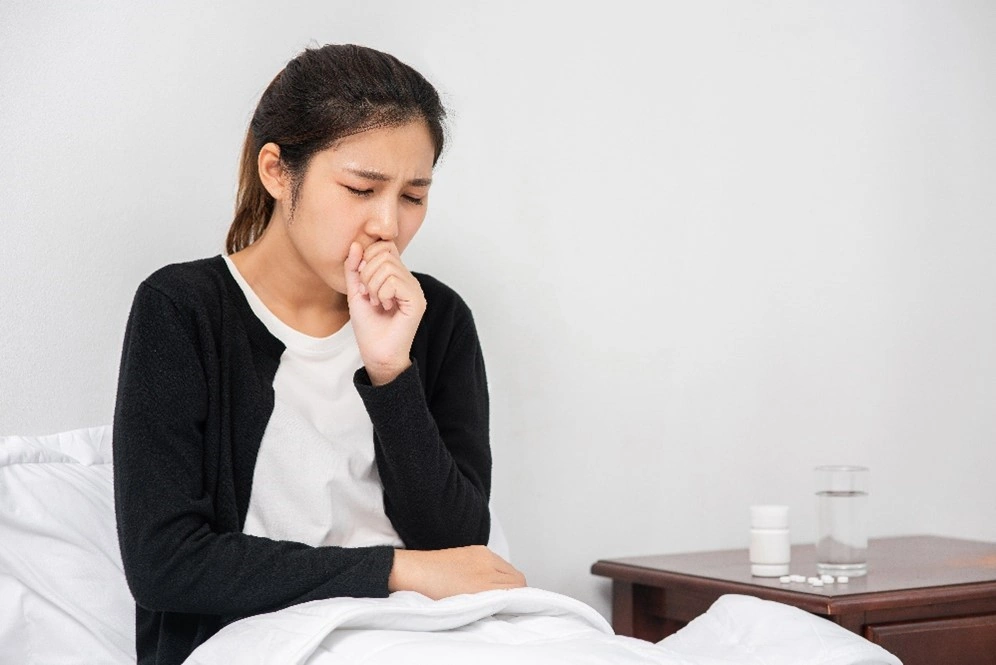
One of the most intricate organs in the body, the lungs expand and contract about a thousand times daily to pump oxygen into the body and expel carbon dioxide. When there is a problem with any element of the system, lung illness frequently develops.
Chronic lung conditions such as bronchial asthma, COPD, bronchiectasis, and interstitial lung disease affect many individuals. Amid the Covid-19 pandemic, these patients experience increased anxiety. They do not, however, have a higher chance of contracting the virus compared to the overall population.
The inadequate lung reserve of these patients with chronic lung disorders, however, may make it more likely for them to develop more serious diseases and may increase their risk of death if they contract Covid-19 pneumonia. They are more likely to have severe breathing problems, which increases the likelihood that they may need critical care. Covid-19 has the potential to precipitate acute exacerbations of these underlying chronic respiratory illnesses as well as asthma attacks.

The coronavirus, also known as Covid-19, can be transmitted by a person who is sick through their cough, sneeze, or breath. The virus may be present in the air or on a surface that you regularly touch. As a result, the virus will be able to reach the mucous membrane in the throat of the person, and within 14 days, the person may start to exhibit early symptoms such as a sore throat, fever, or dry cough.
Therefore, patients with chronic lung conditions, they must do everything in their power to avoid contracting Covid-19. They should heed every item of the advice offered by health professionals, such as continually keeping a social distance of about one metre from other people, isolating themselves, donning a mask in public, and maintaining strict hand cleanliness.

These patients should continue taking all their regular medications during this time, as recommended by their doctors. They should refrain from smoking cigarettes at all costs. They ought to continue engaging in suitable amounts of exercise inside. They should seek medical care as soon as possible if they become ill.
The Covid-19 virus is most likely to be more dangerous than the common cold virus. Most of the patients infected by this virus often develop pneumonia which is an infection of the tiny air sacs (called alveoli) inside your lungs where your blood exchanges oxygen and carbon dioxide. As a result, a patient's respiration will become difficult. Acute respiratory distress syndrome (ARDS), which involves rapid breathing, a rapid pulse rate, dizziness, and sweating, can occur in some patients.
This will destroy or damage the tissues and blood vessels in your alveoli, causing debris to collect inside them. A patient's ability to breathe eventually becomes more difficult or even impossible as a result.
Following a severe episode of pneumonia or ARDS due to Covid-19, theoretically the patient may develop some degree of pulmonary fibrosis.
Pulmonary fibrosis is defined as scarring in the lungs hence it will be difficult for your oxygen to get into your blood. Hence your body cannot supply enough oxygen to other organs in your body to survive. This will eventually cause your kidneys, lungs, and liver to shut down and stop working.
However, as this disease is new to the medical fraternity, many aspects of this infection remain uncertain at this stage. Similarly, we are not sure whether an infection with Covid19 will subsequently confer long-term immunity to the individual
Written by
Dr.Lim Kim Hatt
Respiratory Physician
Gleneagles Hospital Kuala Lumpur
This article was first posted on 18 April 2020 based on information available at the time. The original article can be found on Mingguan Wanita*

Wait a minute

Wait a minute